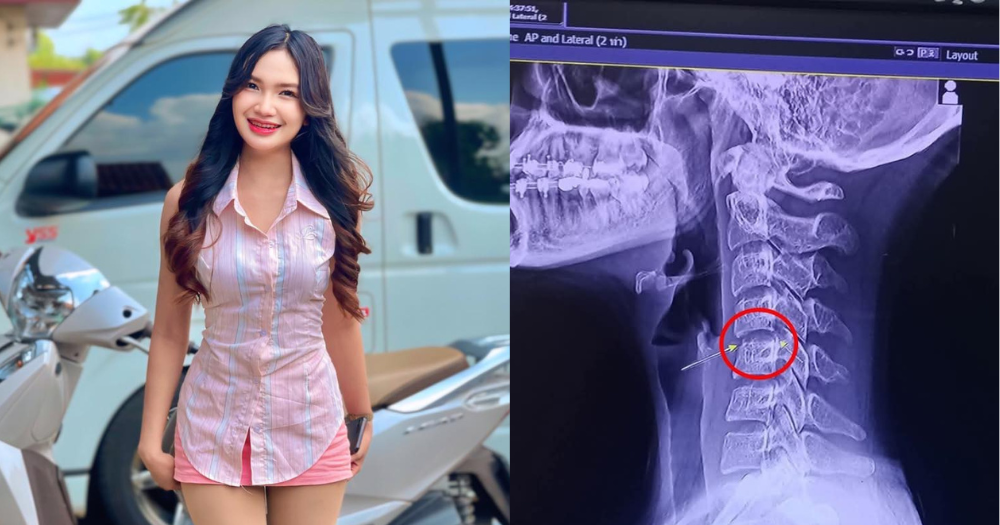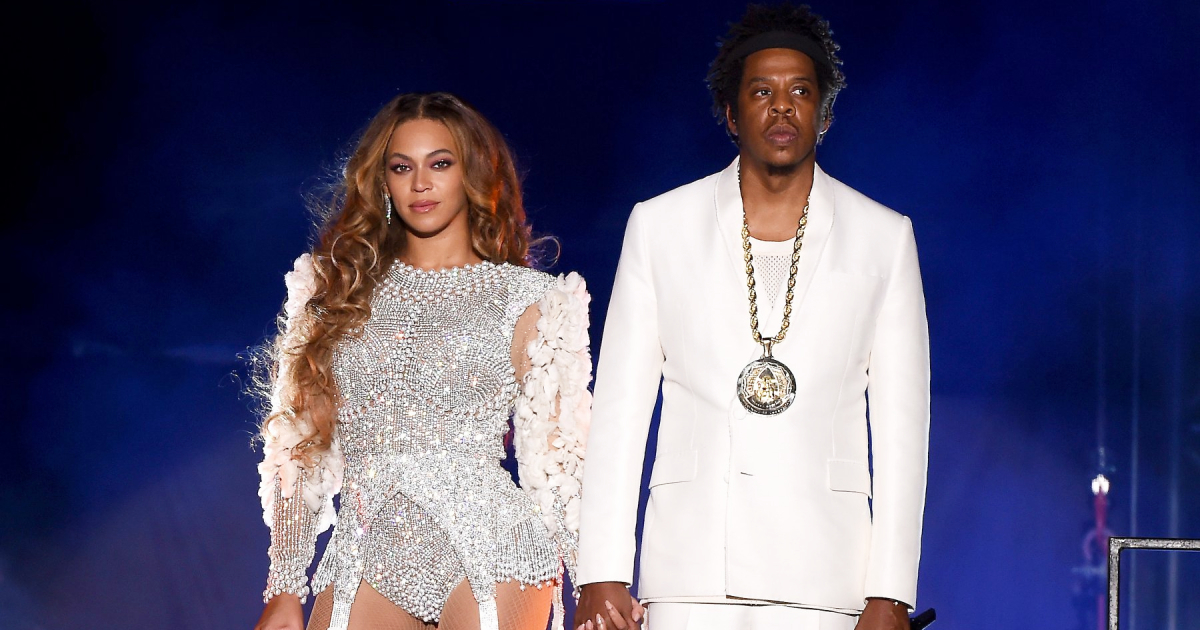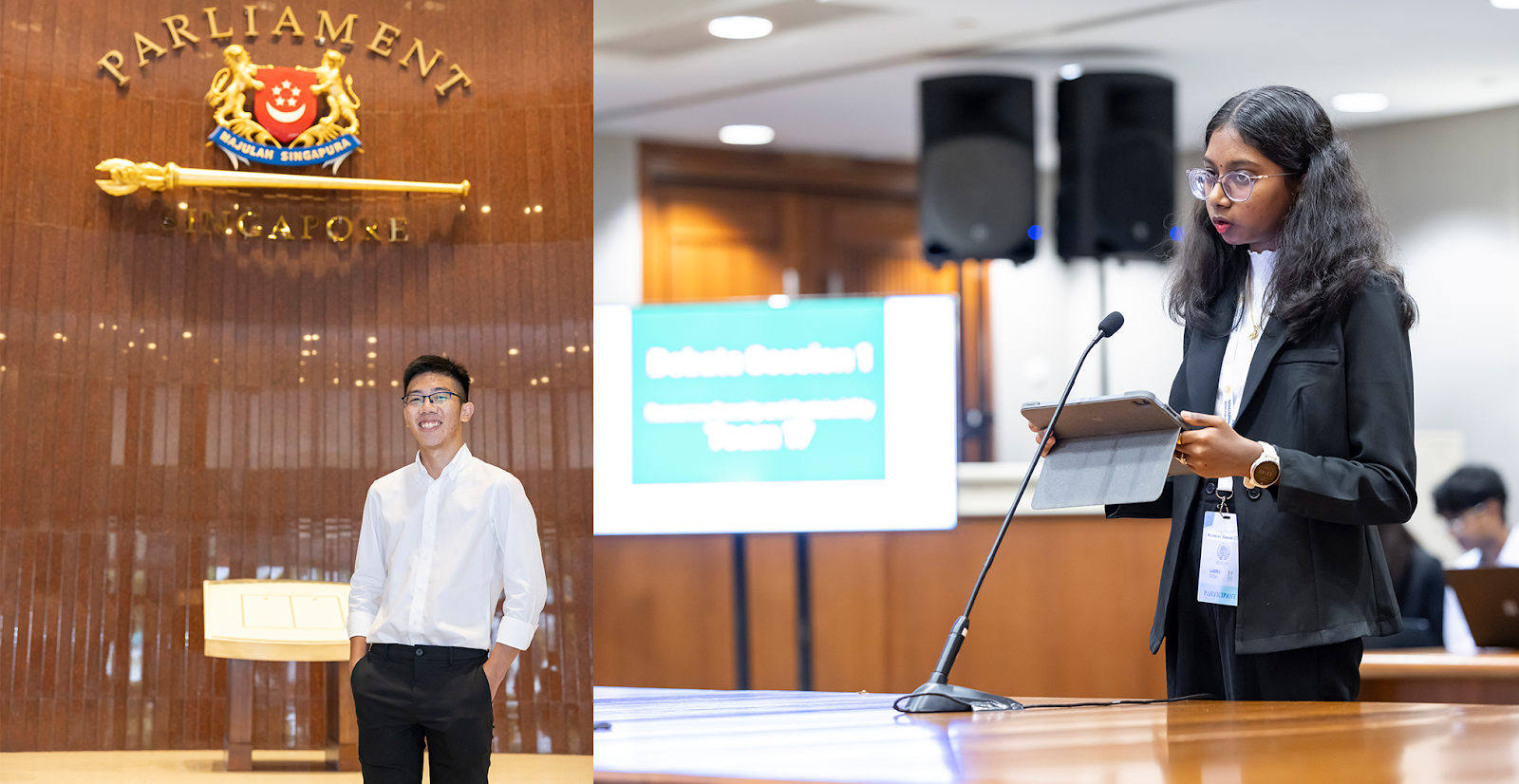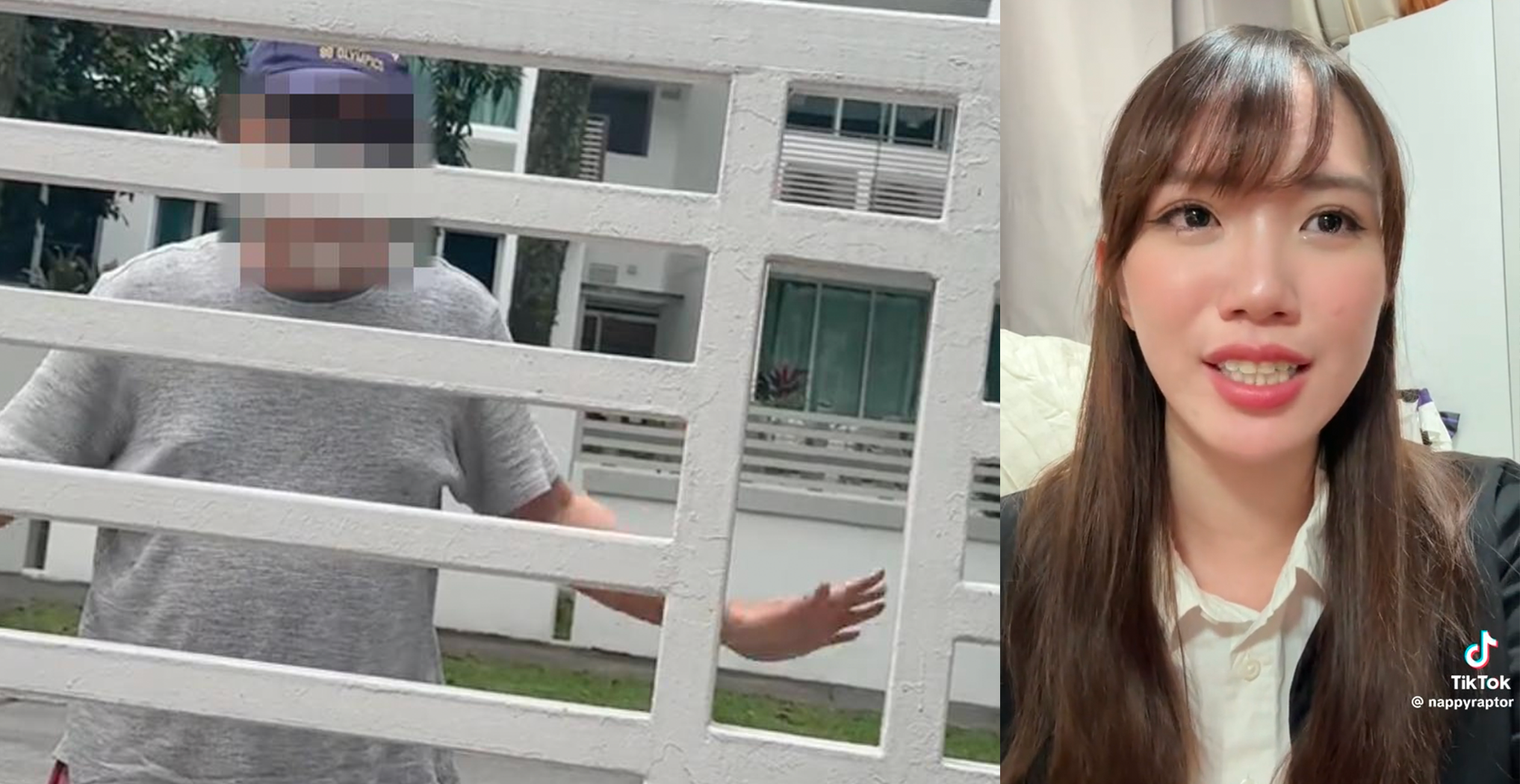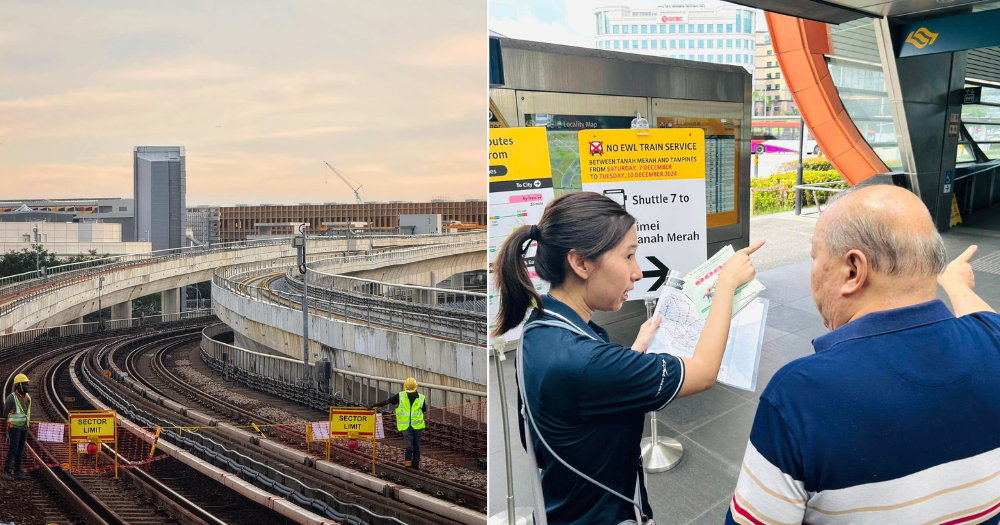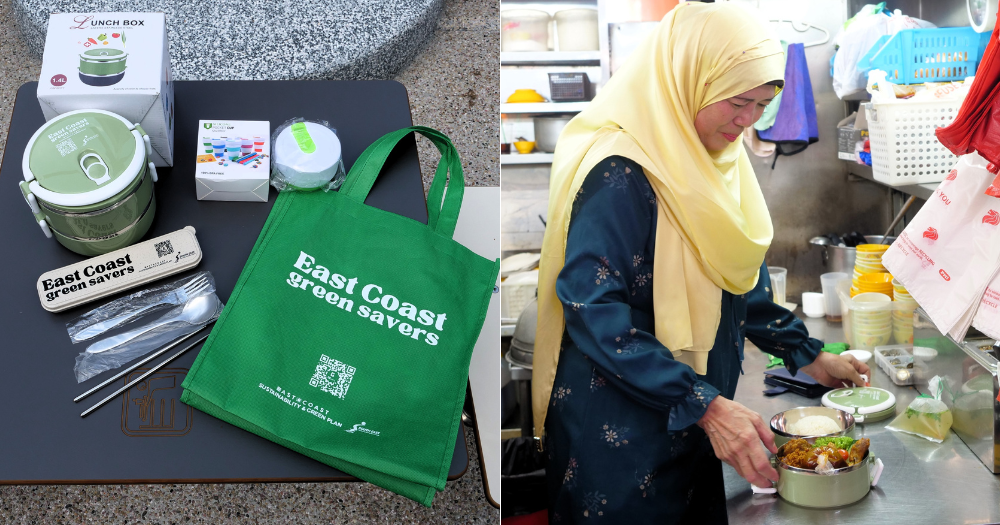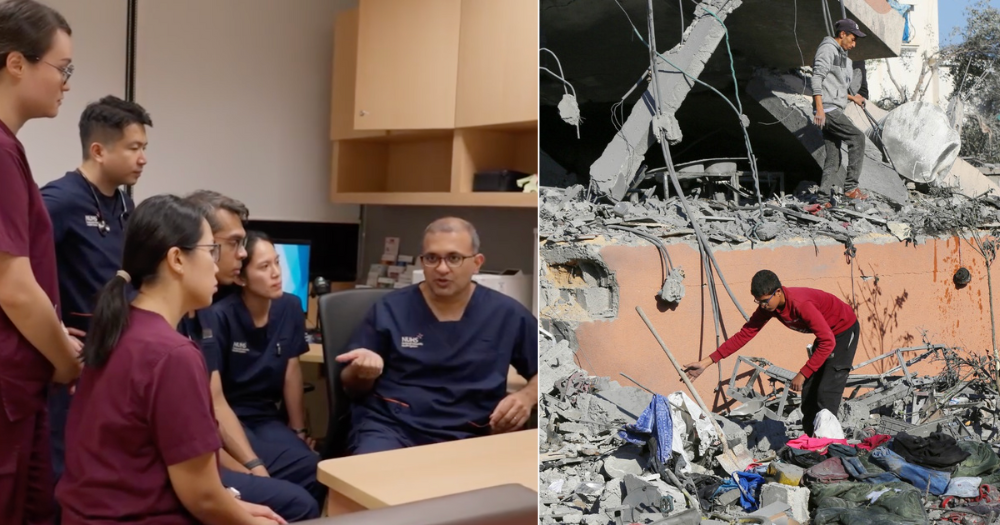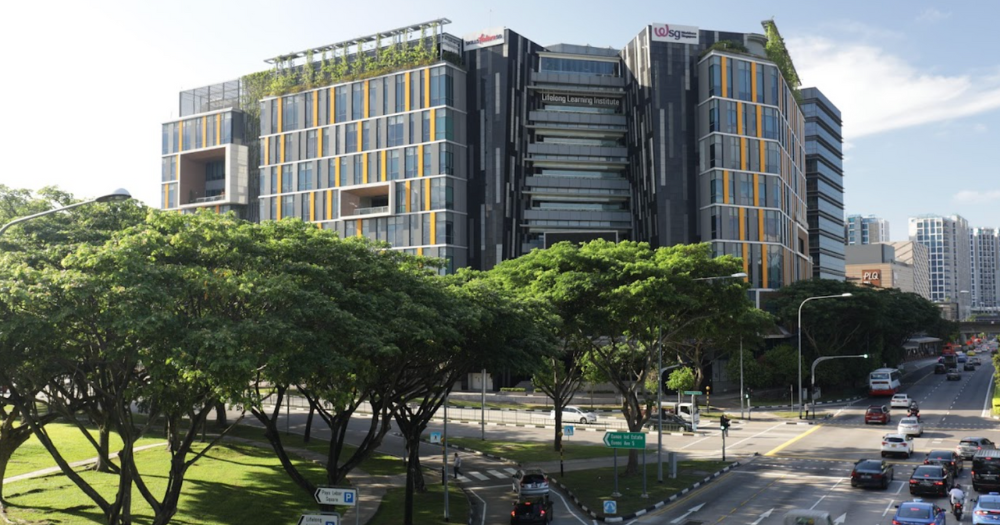With leadership issue settled, there's a test that awaits PM Lawrence Wong & PAP
The key test will be coming soon next year.

In a carefully scripted process, the recent election of Lawrence Wong as the secretary-general of the ruling People’s Action Party (PAP) uneventfully completes another major step in the renewal of Singapore’s political leadership.
Earlier in May this year, PM Wong succeeded Lee Hsien Loong as prime minister.
Having earned the nod from his Cabinet colleagues and PAP cadres as primus inter pares (first among equals), what remains now is for PM Wong to secure a firm mandate from Singaporeans at the next general election.
The term of the current 14th Parliament ends in August 2025, coinciding with the diamond jubilee National Day celebrations.
Leadership renewal, Singapore style
The lengthy process of renewing the political leadership began in the mid-2000s, shortly after Lee became prime minister in 2004.
The third-generation leaders in the current Cabinet are Deputy Prime Minister Gan Kim Yong, Senior Ministers Lee Hsien Loong and Teo Chee Hean, Home Affairs and Law Minister K Shanmugam, and Defence Minister Ng Eng Hen.
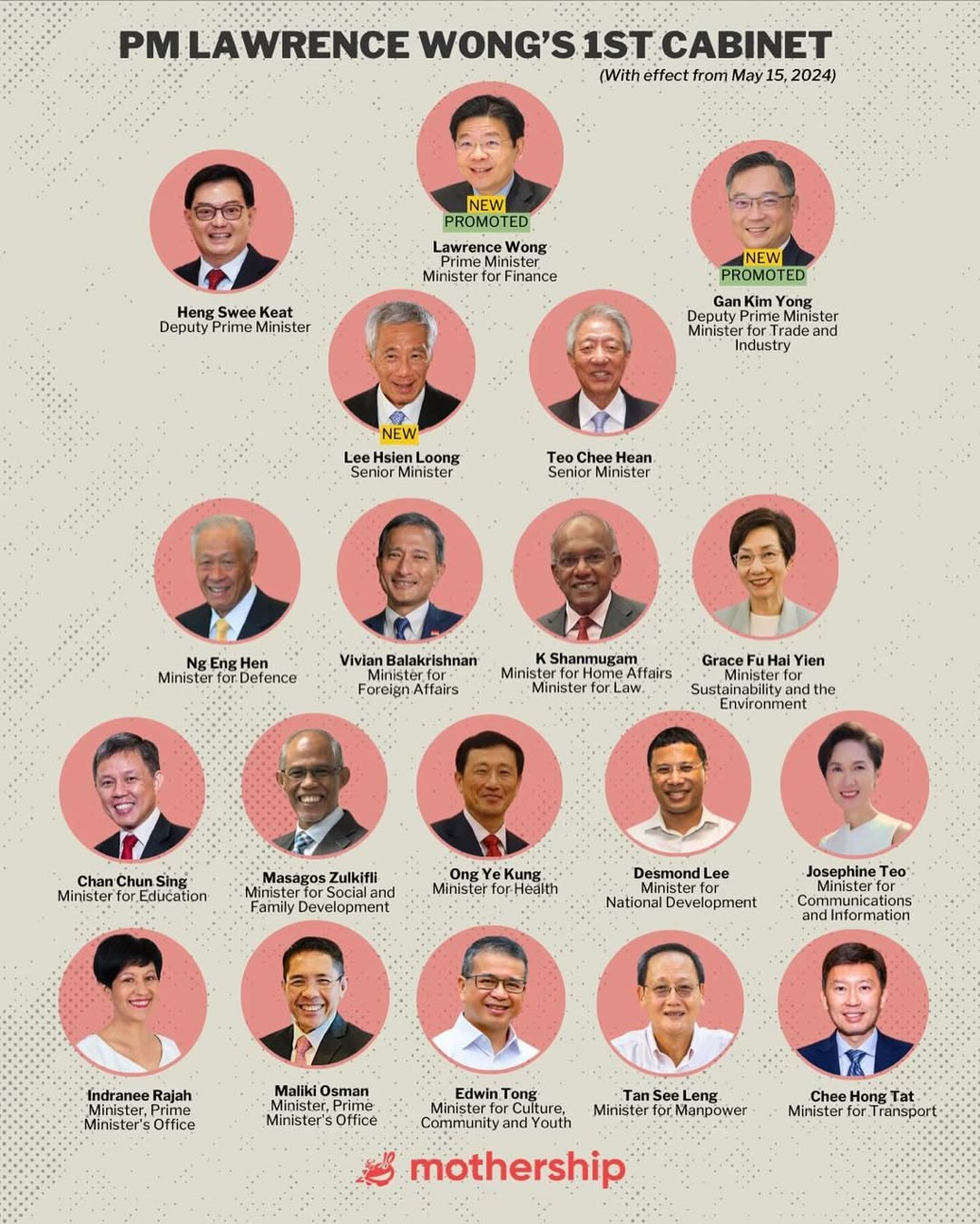
Most of the fourth-generation (4G) leaders were first elected into Parliament either in 2006 and 2011:
- Prime Minister Lawrence Wong,
- Deputy Prime Minister Heng Swee Keat,
- Education Minister Chan Chun Sing,
- Sustainability and the Environment Minister Grace Fu,
- Social and Family Development Minister Masagos Zulkifli,
- National Development Minister Desmond Lee,
- Digital Development and Information Minister Josephine Teo,
- Second Minister for Education and Second Minister for Foreign Affairs Maliki Osman, and
- Culture, Community and Youth Minister Edwin Tong.
Foreign Minister Vivian Balakrishnan and Second Minister for Finance and Second Minister for National Development Indranee Rajah were first elected in 2001, while both Health Minister Ong Ye Kung and Transport Minister Chee Hong Tat, and Manpower Minister Tan See Leng became first-time MPs in 2015 and 2020 respectively.
Leadership renewal picked up pace after the 2015 general election but the Covid-19 pandemic scuttled plans for Lee Hsien Loong to step aside by age 70. Lee turned 72 in February this year.
In April 2021, in a move that stunned the nation, then presumptive successor Heng Swee Keat took himself out of the running for the top job, two-and-a-half years after emerging as the front-runner to succeed Prime Minister Lee.
Heng had said then that he would have too short of a runway should he take over as prime minister after the Covid-19 crisis was over. He turned 63 this year.
He reasoned that it would be in Singapore’s best interests for a younger leader to take the country forward. PM Wong turns 52 later this month.
The renewal of the leadership in the PAP marches in lockstep with that of the Cabinet. The 4G leaders have comprised the majority of the PAP central executive committee since 2018.
That year saw the retirement of five party stalwarts, including party chairman Khaw Boon Wan and assistant secretary-generals Teo Chee Hian and Tharman Shamugaratnam (all of whom were Coordinating Ministers in the Cabinet). This was intended to demonstrate the PAP’s confidence in the 4G leaders.
More continuity than change in PAP’s newest CEC
So the line-up of the latest 38th CEC announced earlier in the first week of December comes as no surprise. Only two 3G leaders, Lee and Shanmugam, remain in the PAP’s highest decision-making body.
The re-appointment of Chan Chun Sing and Desmond Lee as assistant secretary-generals may well be and will be seen as both men being the front runners to be appointed to the post of deputy prime minister after the next general election, going by precedent.
But nothing is pre-ordained in politics. The strategic considerations in who is PM Wong’s right-hand man in government may well differ from that of the party.
Given the symbiotic relationship between the ruling party and the National Trades Union Congress (NTUC), the umbrella trade union movement, it came as no surprise that Ng Chee Meng, NTUC secretary-general since 2018 and a former minister, was opted into the PAP CEC. This was also the case in the last CEC.
Also co-opted was Desmond Choo, one of five NTUC’s assistant secretary-generals. NTUC deputy secretary-general Desmond Tan was appointed as one of PAP’s assistant organising secretaries.
Ng is not the only CEC member with experience in the NTUC. Chan Chun Sing was Ng’s predecessor as NTUC secretary-general (2015-2018) while Ong Ye Kung served as assistant and deputy secretary-general between 2008 and 2012. The PAP is seeking to underline its pro-worker credentials in the lead up to the general election.
Seeking most important mandate in the next general election
This year marks the PAP’s 70th anniversary of its founding in 1954.
It also marks 65 years of the party’s coming into power. Although the PAP has won every general election since 1959, being the only government Singaporeans have known can be both an asset and a liability.
It is an asset as the PAP has performance legitimacy from a proven track record, knows the lay of the land, and has the advantage of political incumbency.
But the long years in power can be a liability as well as some voters may perceive one-party dominance to be at odds with the desire for more political competition and diversity and multi-party representation in Parliament.
The apparent inclination to give a favourable hearing to the opposition, including using a different yardstick for the opposition as the perennial political underdog, is also a consequence of the PAP’s unbroken dominance for more than six decades.
What is clear is that the PAP and PM Wong will seek a convincing electoral victory—as the ruling party always has.
@mothershipsg “Please don’t think it is guaranteed that the PAP will win and form a stable government,” PM Wong at the 2024 PAP Conference #singapore #tiktoksg #sgnews #pap ♬ original sound - Mothership
How they do so matters significantly—will they persuade Singaporeans that centrist politics and policies are the way to go when identity and nativist politics and short-term thinking are on the rise elsewhere? PM Wong’s leading his party into electoral battle will be closely watched.
Beyond the PAP’s cadres’ show of confidence, the appeal of the 4G leadership hinges on whether Singaporeans will repose their trust, confidence, and hopes on the PAP. The 4G team’s vision, policies, and leadership style will invariably feature in the minds of voters as the ruling party seeks a fresh mandate from Singaporeans.
Having been tested by the Covid-19 pandemic which provided invaluable lessons in governance and leadership, PM Wong and his team must now be able to rally and win the people’s support in elections. Singapore’s second prime minister Goh Chok Tong, in his authorised biography, Tall Order, notes that:
“The key is, always, can you win elections? … Can you mobilise and will people follow you?”
This is the stern test that awaits the PAP and PM Wong.
Eugene K B Tan is associate professor of law at the Singapore Management University and a former Nominated Member of Parliament.
Top image: PAP.
MORE STORIES












